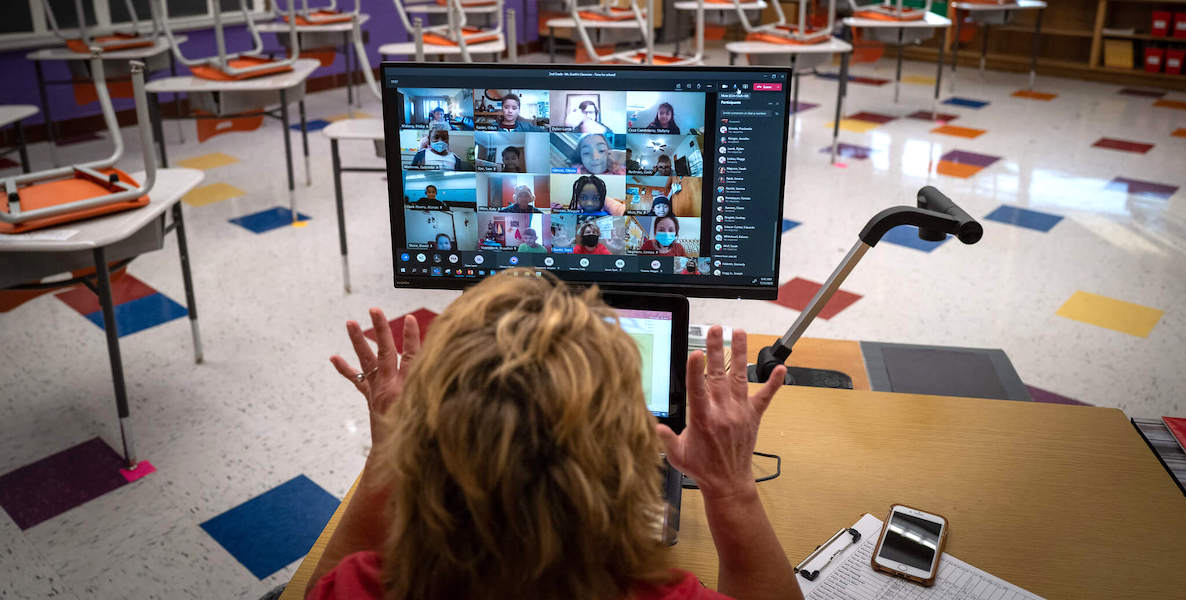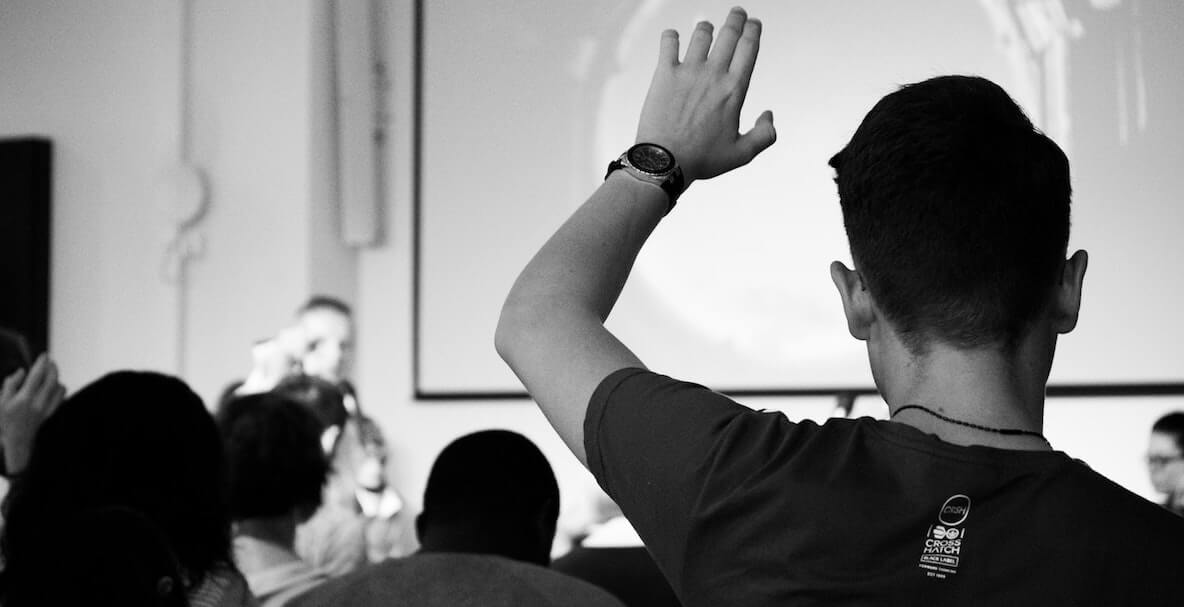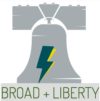The School District of Philadelphia has released data showing the number of students who have failed at least one class in a marking period in the last three years. The move by the District comes after it asserted it did not maintain the data in response to two (one, two) different Right to Know Law requests.
After reporting last month on the District denying the requests, local outlet Broad + Liberty filed an appeal with the Pennsylvania Office of Open Records. The office ruled in favor of Broad + Liberty and the District subsequently supplied the information.

The data show an increase of 6 to 12th grade students who had failed at least one class from 26 percent at the end of the 2019-2020 school year to 31 percent in the 2020-2021 school year. This timeframe would include the 2020 fall semester in which tele-learning was the only method employed for the semester.
The District is continuing a relatively slow, phased approach to full-time, in-person learning, and aims to have students back by next fall.
A group of education-minded parents in the suburbs had been collecting the failure-rate data from various school districts in Southeast Pennsylvania, trying to get a grasp on how damaging school closures had been. Numerous reports and studies had begun to suggest drastic learning loss by the summer of 2020.
After their request for the data was denied by the District, Broad + Liberty filed a second Right to Know Law request, hoping that broader language would create results. But again, the District responded by saying it “does not maintain comprehensive records and/or documents that ‘records, enumerates, lists, tracks, or otherwise keeps track of students (whether by raw number or by percentage or by individual name)” who had failed one class in one marking period.
The data show an increase of 6-12th grade students who had failed at least one class from 26 percent at the end of the 2019-2020 school year to 31 percent in the 2020-2021 school year. This timeframe would include the 2020 fall semester in which telelearning was the only method employed for the semester.
Despite the two denials, the SDP pushed back hard when Broad + Liberty requested comment for an article about the lack of information.
“To assert that the District does not track information just because said information, which is not public, was not shared with your outlet is irresponsible and feeds negative stereotypes that are often attributed to urban school districts with large numbers of students of color,” the District said.
The District did not return a request for comment after the data was finally released.
MORE ON EDUCATION SOLUTIONS IN PHILADELPHIA
-
- Is Covid the opportunity we need to improve education in Philly?
- Let’s increase tax credits to allow more students school choice
- Here’s a ray of hope for fair school funding in Philadelphia
- Does Superintendent Hite have what it takes to manage a $3.5 billion bureaucracy?
- Boys’ Latin figured out ways to boost classroom attendance
Parent groups, education advocates and others have been using metrics similar to these to try to measure how detrimental school closures had been.
Even by June, studies were beginning to report the damage.
“The average student could begin the next school year having lost as much as a third of the expected progress from the previous year in reading and half of the expected progress in math, according to a working paper from NWEA, a nonprofit organization, and scholars at Brown University and the University of Virginia,” the New York Times reported in early June.
As far as tracking the pandemic’s effect on education by looking at the percentage of students failing, The Morning Call did such a study of more than a dozen school districts in the Lehigh Valley. Some districts showed alarming increases in the failure rate, but used a slightly different metric by only examining the number of students who had failed two classes, as opposed to the Philadelphia data looking at the number of students who failed just one class.
“Some students adapt very well to remote learning and that change, but what we’re finding is, here, that most students have not, and I think it’s going to be extremely difficult to make up all of the academic loss because of COVID over the coming years,” said Northampton Area Superintendent Joseph Kovalchik to the The Morning Call.
Todd Shepherd is Broad + Liberty’s chief investigative reporter.
Photo by Felicia Buitenwerf on Unsplash




